GRANDPA
WHAT DID YOU
DO IN THE WAR?
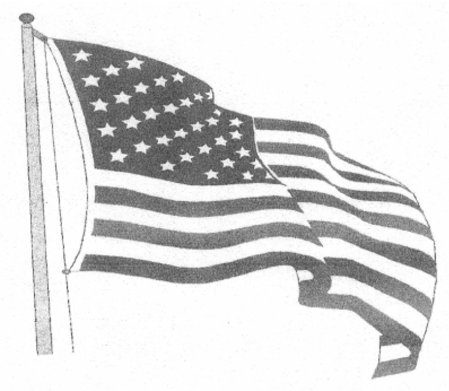
DON BALL
Order this book online at www.trafford.com
or email
Most Trafford titles are also available at major online book retailers.
Copyright 2012 Don Ball.
All rights reserved. No part of this publication may be reproduced, stored in a retrieval system, or transmitted, in any form or by any means, electronic, mechanical, photocopying, recording, or otherwise, without the written prior permission of the author.
ISBN : 978-1-4669-4062-8 (sc)
ISBN: 978-1-4669-4064-2 (hc)
ISBN: 978-1-4669-4063-5 (e)
Library of Congress Control Number: 2012909822
Trafford rev. 08/22/2012
 www.trafford.com
www.trafford.com
North America & international
toll-free: 1 888 232 4444 (USA & Canada)
phone: 250 383 6864 fax: 812 355 4082
CONTENTS
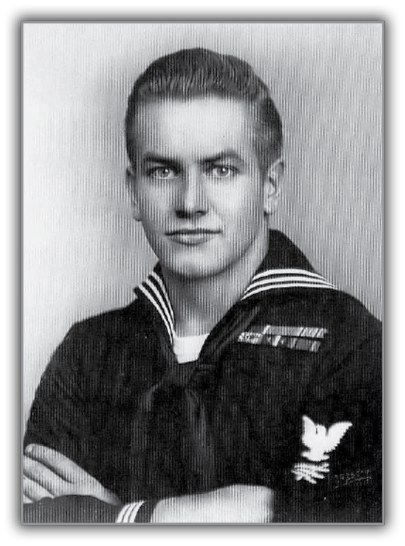
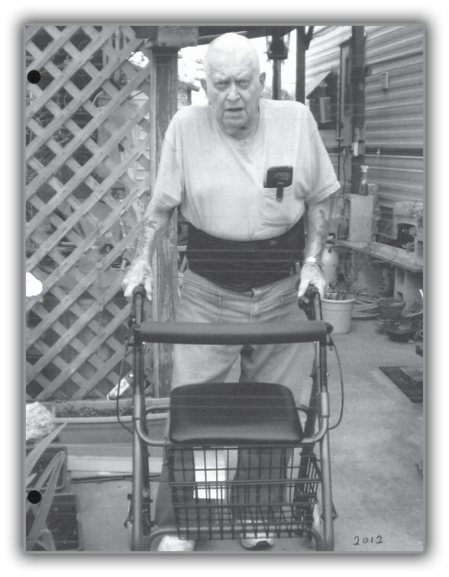
O ctober 2, 1941, it was my seventeenth birthday. I wasnt doing very well in high school. I had lost interest in going to school. I wanted something to happen in my life.
I told my folks that I wanted to join the navy. My mom wasnt the least bit in favor of it, but my dad was. My dad was a WW I veteran and had served in France. He said that it would be good for me, and as it turned out, I didnt regret it one bit.
The day after my seventeenth birthday, my dad went with me to the navy recruiting office. We filled out about a ton of paperwork, and I took the written test and passed it with a very good score.
Next came the physical. All went well until the eye testI failed it. They told me to get some glasses and come back in two or three months and try again. To say the least, I was devastated. My world had come to an end.
My dad spent hard-earned money that he couldnt afford to spend to get me a pair of glasses. I wore the glasses for about six weeks and went back to the recruiter and passed with flying colors. I got in the navy!
On December 1, 1941, I was sworn into the navy and left the next day on the train for San Diego, California, and boot camp. There were about a dozen of us from the Seattle area all going together. I didnt know any of the other guys, but we soon got acquainted with one another and started talking about what might be in store for us when we got to the boot camp. Most of us were beginning to get a little bit scared at this point.
We arrived at the train depot in San Diego in the middle of the night, and we were met by some petty officers (PO) that herded us to a bus to take us to the boot camp. The petty officers let us know right off the bat that we were the scum of the earth and all we had to know for the time being was Aye aye, sir and No, sir. When we got to the base, we were given a mattress cover, pillowcase, and a blanket and told to hit the sack. Reveille would be at 0500 hours.
I dont think any of us slept very much that night. The apprehension was too great. We had no idea what lay in store for us from the next morning on. We were 1, 500 miles from home and alone !
On December 4, 1941, at 0500, all hell broke loose. The lights in the barracks came on, and our lead petty officer came through the barracks pounding on a GI can (garbage can) with a night stick and screaming at the top of his voice, Get out of those sacks, you miserable bunch of misfits. Hit the deck. Muster in ten minutes in front of the barracks.
Ten minutes later, our ragtag bunch was somewhat lined up in the street in front of the barracks, wondering what was going to happen next. Our lead PO got us all headed in the same direction down the street. None of us were in step with one another, but our leader didnt say anything about it. About three blocks down the street, I began to smell food. At that point, I was so hungry I could have eaten the south end of a northbound skunk. We arrived at the mess hall and got in line for breakfast. Our first meal in the navy was great. We had french toast, butter, syrup, sausage, scrambled eggs, coffee or milk, and an apple. Seconds were not allowed.
From the mess hall, we were taken to the barber shop for a thirty-second haircut. That was all the time it took them to make us completely bald. No Indian could scalp as fast as those guys could.
After the barber shop, we were taken to the supply building where we were issued our seabag. Our seabag would soon hold all our worldly possessions, and that was our uniformstwo sets of whites, two sets of dungarees (work uniforms), two sets of undress blues (semidress), and one set of dress blues. We also received underwear, sox, white hats, a dark knit watch cap, one flat dress hat, one pair of work shoes, and one pair of dress shoes.
Along with all of this, we were issued a hammock, mattress, mattress cover, pillow, pillow cover, and a blanket. All of this came to a little over 130 pounds. At that time, I only weighed 110 pounds.
Somehow, we managed to carry all of this stuff back to the barracks, where we spent the rest of the day learning how to roll our clothes and tie them with clews SYMBOL (short pieces of cord). All of this was in accordance with the navy regulations and procedure. When everything was rolled and tied, they were placed in the seabag. We were also given a shoe-shine kit and had to shine our shoes until they were like a mirror. Even though most of us didnt shave yet, we were given a shaving kit and told to shave every day.
The hammock, mattress, pillow, and blanket were laid out to their full length, and the seabag, with our clothes, was placed in the center of the hammock and mattress, while the ends were folded up over the seabag and tied to hold it all together. At this point, our worldly possessions were ready to be hoisted up on our shoulder, and that was how we carried it.
The navy later on did away with the hammock and mattress because they were issued to us at our new duty station where we were transferred. This made it a lot easier for us little guys that had a problem carrying what was like a bale of hay.
Along with all the other things that we were issued was a Bluejackets Manual. This was considered to be the navy bible. It contained all the things that we were supposed to learn and know. The first thing that we studied was what was known as the Rocks and Shoals. These were the rules and regulations that governed all sailors.
The next couple of days were more of the same thing. We were beginning to get the hang of marching in step. We marched everywhere we went. One of the places we were marched to was the sick bay (hospital), where we got a dozen or more shots for everything known to man and then some.
Amid all of this, we were given aptitude tests to see what field of work we were most fit for. In true military fashion, most of us didnt get what we were fit for.
On Sunday, December 7, breakfast wasnt until 0800 hours. All the meals were really great, and on Sunday, there was a wide choice. After breakfast, we were marched to the dental office to get our teeth examined and have a dental chart made up for our records.
It was while I was sitting on the dental chair that word was passed over the loudspeakers that our base at Pearl Harbor, Hawaii, had been bombed and we were at war with Japan and all hands were to report to their barracks on the double. When we got outside the building, there was complete chaos everywhere. People were running in all directions and yelling in a frantic way. My heart was pounding like crazy.
Next page
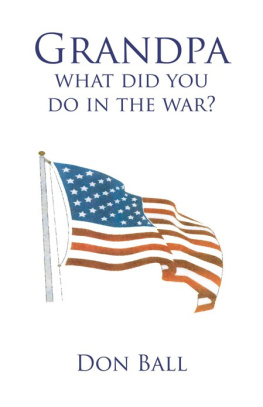



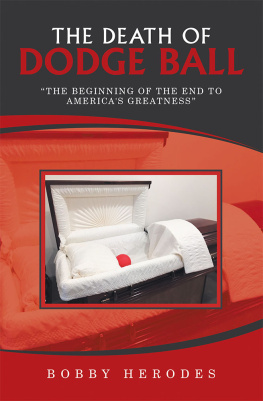
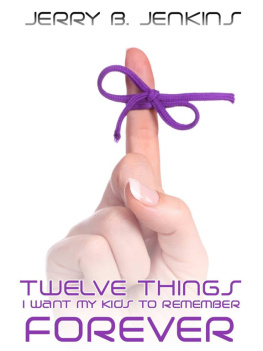



 www.trafford.com
www.trafford.com
